Embarking on the journey of French fluency is an adventure worth taking, but it’s not without its challenges. If you’ve been at it long enough, you’ve definitely felt bored or unmotivated at times, leaving you wondering why you even started learning French in the first place! But don’t worry, I’m here to help. Whether you’re in a rut or just feel blah about your learning, I’ve got some ways to make learning French fun again.
1. Vary what you’re working on often
I don’t know about you, but after about an hour max of working on any one thing in life in general, I need a break. That applies to French language learning too.
Boredom or frustration builds and then I’m less likely to come back and pick up where I left off. When you catch your mind wandering and the lessons start feeling monotonous or frustrating, that’s a sign that you need to switch it up. Set a timer for a half hour and then shift gears. Move onto another French activity well before it starts to feel like a slog.
Even the most dedicated student will get fed up with grammar exercises if that’s all they ever study. Likewise, if you only plan to focus on verb conjugations all afternoon, that gets old real fast. Not only will switching it up at regular intervals make learning more fun, but it’ll round out your French skills so you’re equally proficient in listening comprehension, writing, reading, and speaking.
Here’s what it looks like in practice. After 30 minutes, move onto another aspect of learning French that you’re excited about. This keeps things fresh and resets your attention span while flexing other parts of your language learning brain. Try swapping out reading exercises for some listening comprehension or going from verb conjugations to speaking practice.
What to do when you lose motivation for learning French >>
2. Make it appeal to your interests
Years ago, language learners didn’t have a lot of options when it came to making language learning fun. But these days, the internet makes accessing French shows, podcasts, and French speakers as simple as clicking a few buttons. We have so many resources at our fingertips that we can tailor them to our interests.
If we love reading police thrillers, we can find one in French, or even grab the audiobook version for some listening comprehension. If we are into certain TV shows, we can find them dubbed in French, or even better, why not watch a French series?
Integrating French into our daily life in a natural way instead of always feeling like you’re in a classroom is a seamless way to sneak more French into our daily routines.
For example, identify one aspect of your life that you really enjoy such as a hobby — let’s use gardening — and seek out resources that support it in French. Join some gardening forums online, watch YouTube videos, read or listen to books, podcasts, etc. all about gardening in French.
That way, the interest factor is already there. If you’re learning French while doing an activity you already enjoy, it has a built in fun factor that makes learning feel natural and not like you’re stuck listening to a boring lesson.
3. Play a game
Everyone loves a good game and language learning games online are some of the most practical ones out there. It’s a light yet fun way to take your learning to the next level — especially when other aspects of your language studies feel a bit too stuffy and serious.
To that end, let me introduce you to Clozemaster, the best language learning game out there that you can play on your smartphone or computer.
In a nutshell, Clozemaster is a fast and fun way to expand your vocabulary as well as improve your listening skills by playing through thousands of fill-in-the-blank sentences in various game modes, scoring points, and leveling up along the way. It is best suited for advanced beginners and intermediate learners and is loved by new language learners as well as polyglots. There are more than 50 languages available and over 170 language pairings.
I love that it’s a no-stress language learning game with an easy-to-use interface. You can easily integrate Clozemaster into your daily routine while waiting for an appointment, during breaks at work, or as a way to break up your study sessions with a little fun.
You can also create your own sentences and translations or select sentences from their sentence library to create your own study sets. So, if you wanted to focus on gardening, per say, you can create a specific study set for that.
Here is a screenshot of one of the many Clozemaster exercises:
You can play via their app or on desktop, but if you want to sign up for PRO, you need to sign up on a computer with this link. Use my code OUIINFRANCE for 10% if you sign up for PRO. There’s also a free version.
Use French shows, podcasts, and videos to keep it fresh
Gone are the days of learning a language with dated grammar books and resources from two decades ago. Take advantage of all the current free French media around us and watch news broadcasts and other videos and shows from recent times.
Hearing how French people talk today in real-time can help us to learn slang and the nuances of spoken French that educational exercises cannot replicate in a classroom setting.
Some of my favorite TV stations (that you can stream online) are France 24, TF1, and M6. If you’re into true crime podcasts, check out Les Voix du Crime. The French Mornings with Elisa YouTube channel is also excellent.
How long does it take to learn French? >>
Find a French language partner
After moving to France, the part of language learning that I found to be the most challenging was understanding fast spoken French in real time and being able to reply when I was face to face with an actual French person. I wasn’t prepared at all and French sounded like a jumbled mess of sounds that I couldn’t quite understand.
Despite being at an intermediate level in the classroom, it was a wakeup call when I realized my listening comprehension wasn’t where I needed it to be for life in France. To help get a leg up on speaking, find yourself a French language partner and practice often.
We all want to learn French for different reasons and if one of them is to be able to speak French well and not only be a whiz at writing and reading, it’ll pay off if you dedicate time to speaking the language with a native. This should have been at the top of my priority list before my move, but it wasn’t and I focused on grammar and other exercises.
I majorly underestimated just how valuable speaking practice is and that’s why I encourage you to seek out a language partner via online forums, language learning websites, or even private lessons.
***
Any way you look at it, learning a language like French takes dedication, practice, and patience. Stick with it while making the experience fun in the process and the rewards will be well worth it.
Want more? Here are my best French language learning tips.
Disclosure: This is a sponsored collaboration between Clozemaster and Oui In France. All opinions are my own.
PIN IT:
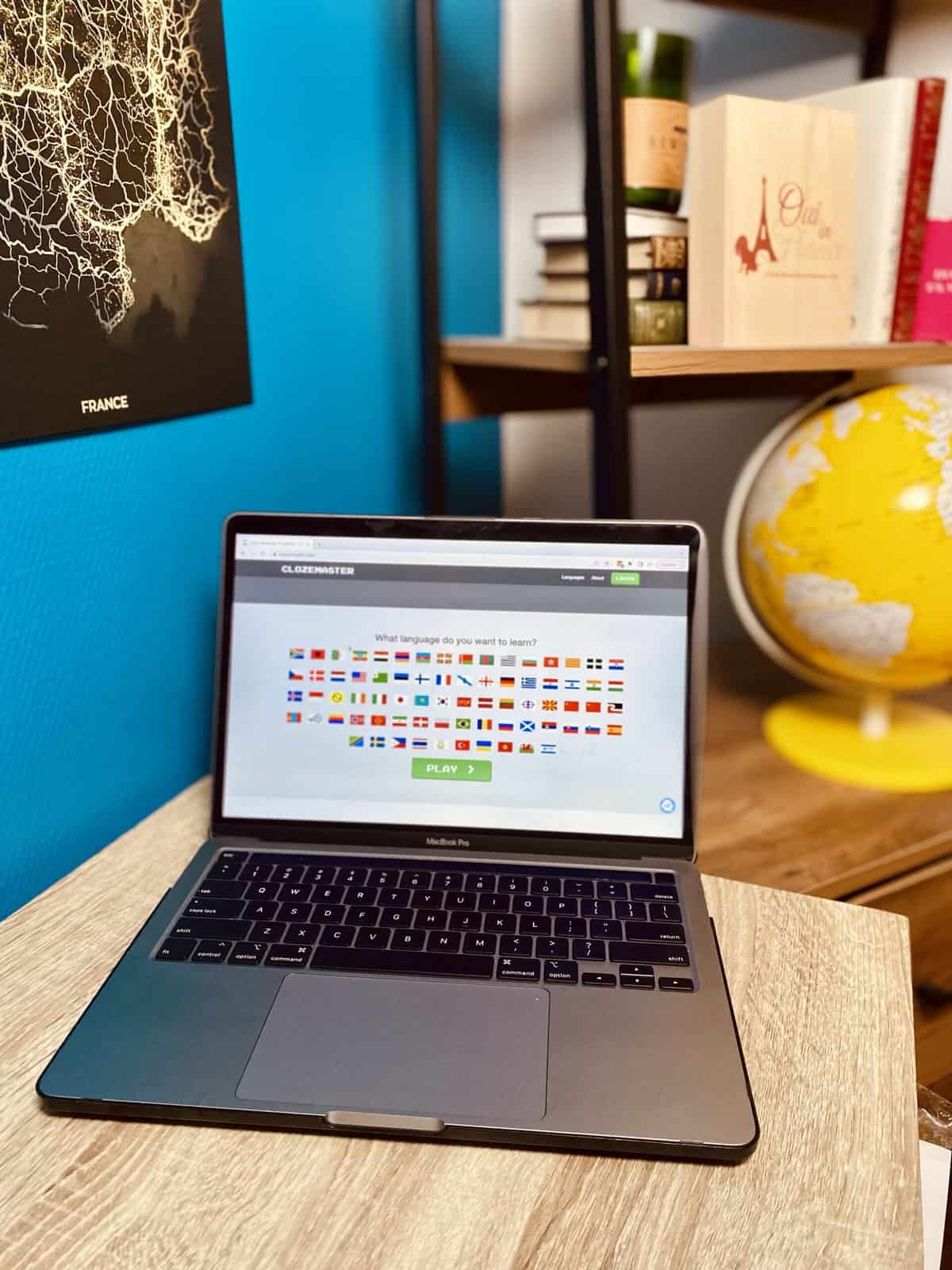
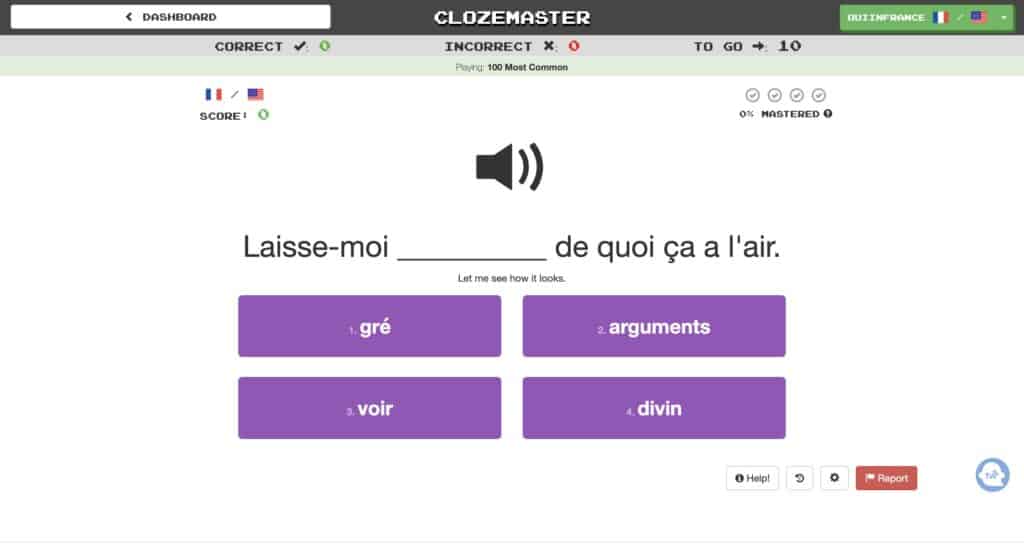
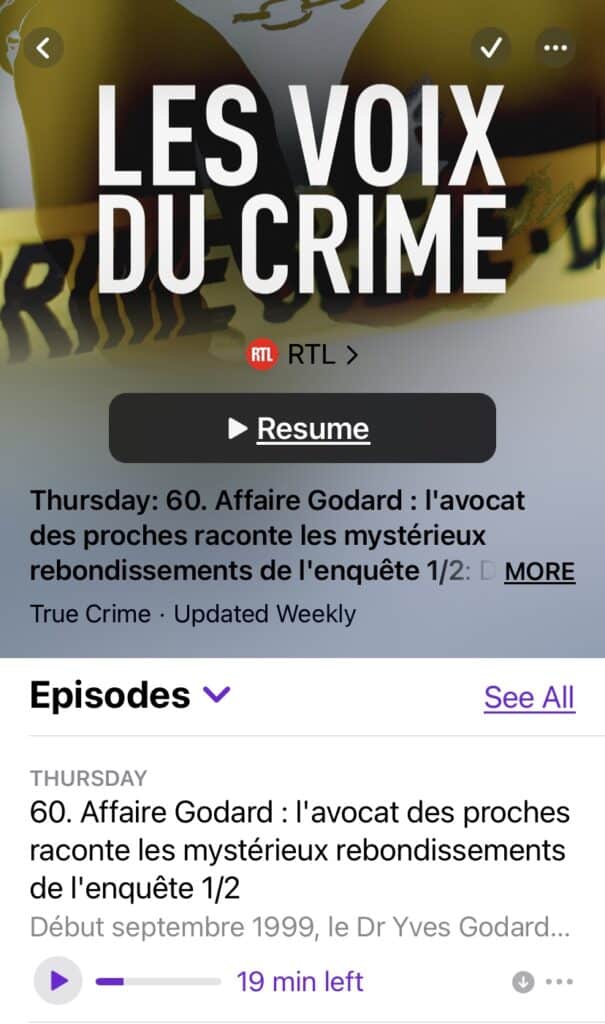

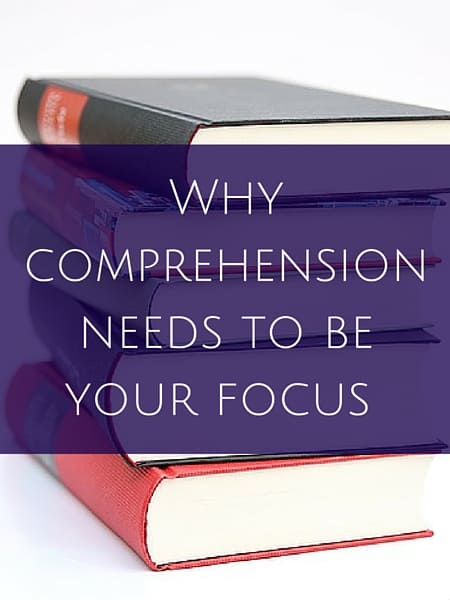


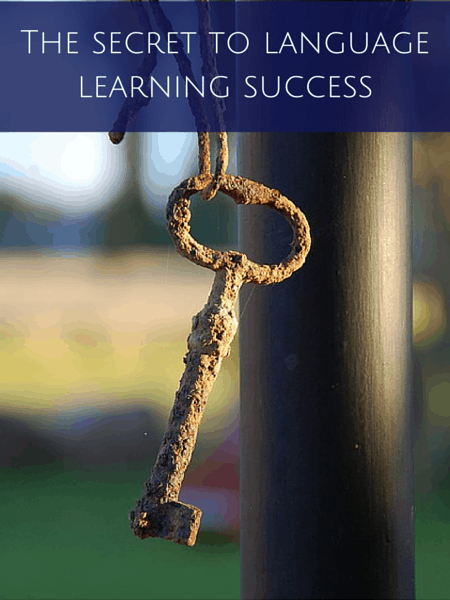

Hi Diane, I agree with all your advice, but I suggest that people spend more time listening than on the other skills. Listening comprehension, especially fast native speech, is the hardest skill to master for almost everybody so it deserves the most time. There’s also a lot of second language acquisition linguistic research that shows that listening and reading are the primary ways we acquire a language. In any case, if you can’t understand someone, you can’t have a real conversation no matter how well you can speak.
Exactly, the linked text for that part takes you to an article explaining why I feel the same way. Listening comprehension needs to be a major focus for sure. Thank you for reading!
Bless you, your suggestions are very helpful and a reminder for me to slow down and take learning in little pieces, instead of being constantly overwhelmed. (I am having scary crash courses in “real-life” French, with a bunch of administrative, legal, and medical family issues. Not fun.) I do watch a lot of Echappées Belles, Tout le Monde veut Prendre sa Place, and Le Meilleur Pâtissier (Mercotte! I love her!). And anything with Stéphane Bern and Nagui. So that amounts to me understanding conversational French more than I would, but my spelling is atrocious and I am basically illiterate. (In my defense: German is my second language…I never expected to marry a Frenchman!)
So my life generally consists of deer-in-headlights-break-out-in-a-cold-sweat moments when someone talks to me, thinking I’m fluent because I’m standing with my husband. I end up with a demented smile on my face while I quietly panic.
Private lessons are in my future (those Reims university students should come in handy! 😉 ), as soon as life stops throwing rocks at me. 🙂
590 day streak on Duolingo’s free app.. I realize how hard it is to learn French. Thankfully they have a slow speaking button on verbal listening parts that I had to use most of the time at first. I now occasionally use it to check myself before submitting, so I know that. I’m slowly improving. I think one of the hardest parts for me is the genders which affects not only the noun but other words like adjectives. And then there all the exceptions to the first ‘rules’ we learn. I know English is just as hard for others too as we have some crazy exceptions as well like words that sound alike, spelled differently with different meaning, etc. I wish I had a native speaker to practice with. Will be going to France in a few months so will get a chance to see if I can understand anything. May have to be repeating “je ne comprends pas, parlez-vous lentement s’il Vous plait.”.
Great tips Diane and I cannot stress enough the practice of listening in conversation. You have to dare to soeak and make mistakes from which you’ll learn.You can know all the grammar and conjugation in the world but if you don’t practise speaking then you won’t improve. I learnt French in the classroom in the days when that was the only medium now there are so many tools out there that I wish were around in my time. Courage to all who are on their learning journey. It is such a beautiful language .